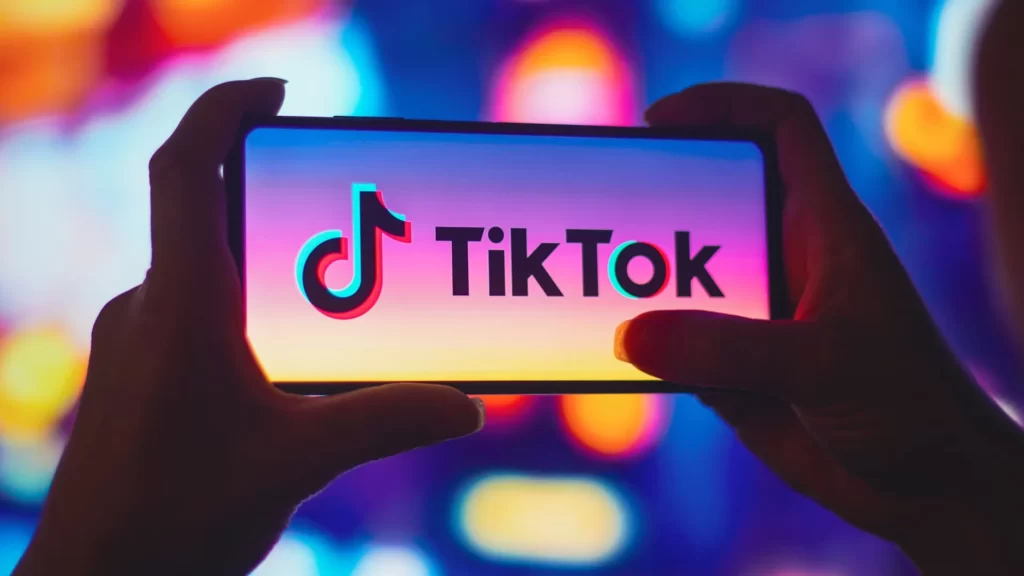
According to a revelation by a U.S. public radio station on Friday, October 11, internal records from TikTok show that the company was aware of its detrimental effects on the mental health of teenage users but limited its preventive actions to avoid a reduction in traffic.
The data are part of a lawsuit against TikTok brought by 13 states and Washington, D.C., alleging the site is damaging the mental health of its young users. The documents were cited in a subpoena issued by the attorney general of Kentucky. According to the lawsuit, TikTok’s recommendation algorithm—which offers a never-ending supply of brief videos—plays a big part in encouraging obsessive behaviour.
Concerns concerning the platform’s impact on “sleep, eating, moving around the room, and making eye contact” were raised by an unidentified executive, according to internal messages that a state judge later ordered be deleted from public records.
According to research, users were more likely to become addicted to TikTok after watching 260 videos, and this “compulsive usage” was linked to detrimental effects on mental health, including anxiety, loss of analytical skills, memory loss, and lower empathy.
According to reports, ByteDance, the parent firm of TikTok, did not improve the features meant to restrict screen time for younger users, even in light of the research findings. Although the app included features including a one-hour timeout for minors and parental settings, internal conversations revealed a reluctance to prioritise cutting down on platform usage. It was reported by a project manager, “Our goal is not to reduce the time spent.”
TikTok denounced as “highly irresponsible” the disclosure of secret court records following the disclosures. “This complaint cherry-picks misleading quotes and takes outdated documents out of context to misrepresent our commitment to community safety,” the corporation said in dismissing the charges.
Due to assertions that the app permits China’s government to access user data and disseminate propaganda—claims that both TikTok and China vehemently contest—the case coincides with the possibility of TikTok being banned in the United States due to national security concerns.






